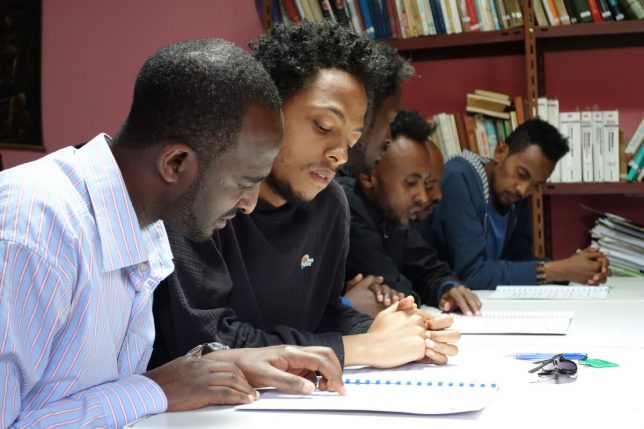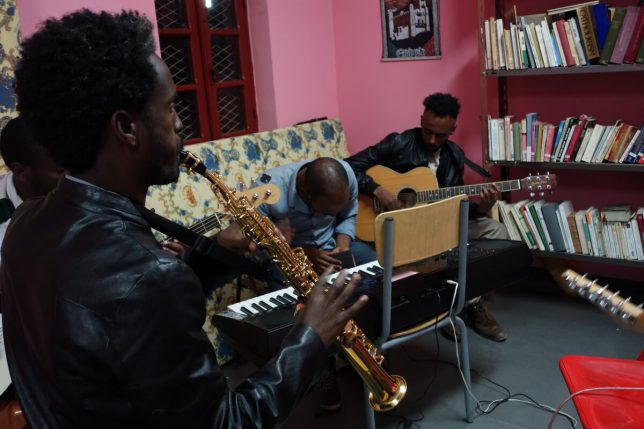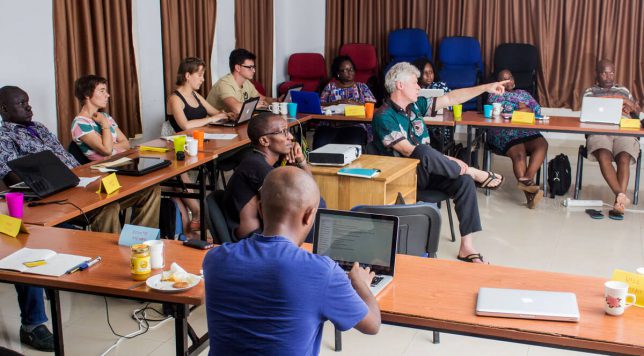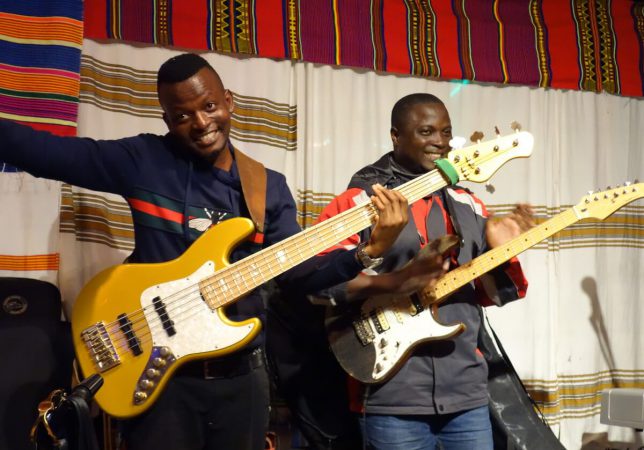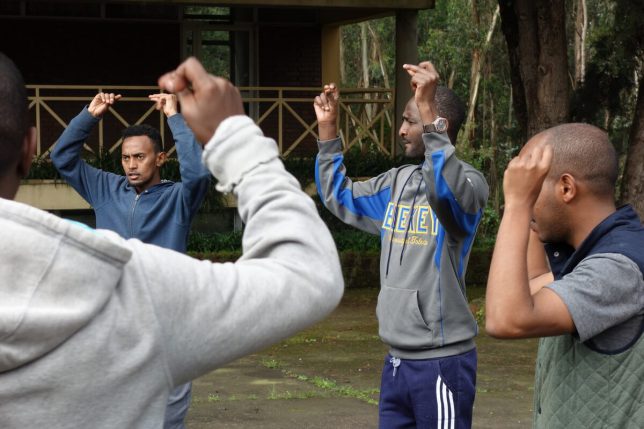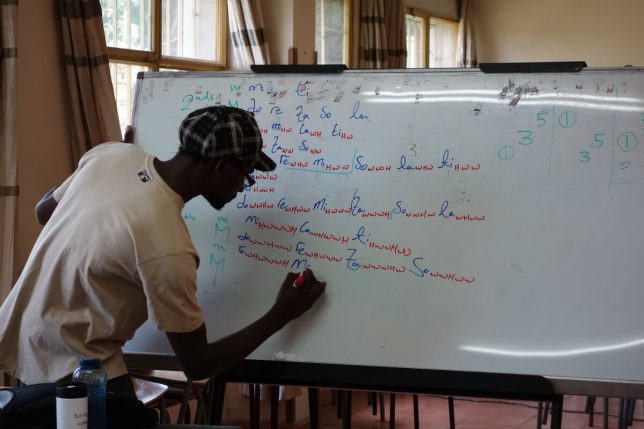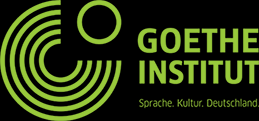8th – 30th September 2017
1st East African Global Music Training Campus
23-day mobility activity for youth workers from 6 partner institutions (Ethiopia, Kenya, South Sudan, Sierra Leone, Tanzania and Uganda). Each partner country sent a group of 7 youth workers for intensive music training. South Sudan contributed 2 youth workers.
The first 23-day music training Campus for youth workers from Ethiopia, Sierra Leone, South Sudan, Tanzania and Uganda was held in Addis Ababa, Ethiopia. The Campus was coordinated and run by the GMA in Berlin in close collaboration with the Jazz Amba Music School and the Goethe-Institut in Ethiopia.
The program consisted of 4 intensive four day sessions devoted to training the youth workers to use the first semester of the first year of the innovative 2 year curriculum developed for the region. The last day of the program was devoted to a final concert by all the participants at the Goethe-Institut.
The modules taught were Body Percussion, Rhythmic Reading and Writing, Melodic Reading, Harmony & Ear Training, Keyboard Harmony, Main Instrument and Ensemble. There were 6 experienced trainers, three from Berlin, two from Ethiopia and one from Zimbabwe. This curriculum provides the structure for a two-year program in professional music training.
The curriculum has been specially designed for use in music schools in the region and will allow the partner organizations to offer professional music training in their programs using a modular training system adapted from the European Credit Transfer System (ECTS) using Learning Outcomes, Modules, Module Descriptions and Credit Points. The program focuses on an innovative core curriculum teaching core musical skills – reading and writing African music as well as intensive instrumental technique and ensemble – also using video training material. The curriculum is designed with accreditation in mind so that the students can obtain a qualification through the Technical and Vocational Education Training Systems in their own countries (TVET).
Later on in the program they will also learn how to transcribe music from their countries to be used to expand the curriculum and make it more relevant in terms of content. These transcriptions will be used to develop new teaching materials for the program and the trainees will learn how to do this themselves as part of the process.
